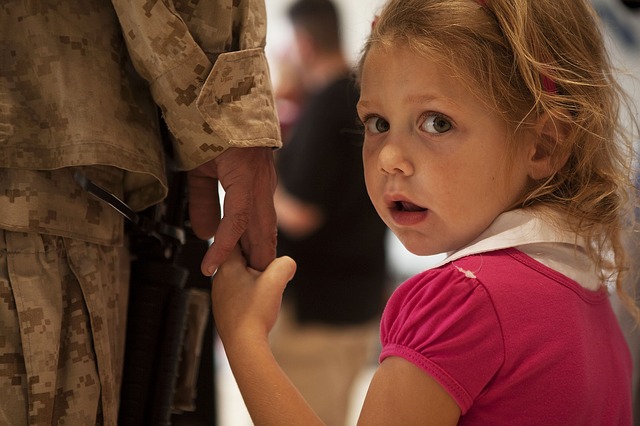
I once blogged about the importance of parental influence and mentioned five things that can increase it. In the past two posts, this post, and the following two posts I elaborate on what I call the Five Optimizers of Influence. While nothing guarantees that our kids will make wise choices, my 31 years of youth ministry taught me that parents who become proficient in these five areas will have maximum impact on their kids.
3. Cultivate trust.
Picture two little boys at the doctor’s office getting their shots, not understanding why their parents would allow the nurse to inflict such pain. Boy #1 sees himself as a victim; his parents have betrayed him and he acts out in rage against them, madder than a hornet! Boy #2 sees things differently. He is confused about why his parents have allowed him to experience such pain, but he has learned that they care for him deeply and would want only the very best for him. He knows that they would never willfully harm him. He is sad, but not mad.
Trust makes all the difference.
Convincing our kids that we are for them and not against them helps us influence them positively. The old adage is universally true: “Until they know that you care they won’t care what you know.” Whatever wisdom we may wish to impart will likely be rejected if they see themselves as victims. They must feel safe and secure with us.
You may be realizing that today’s post is essentially the inverse of yesterday’s.
- Yesterday I mentioned several things not to do [which build relational walls], creating feelings of victimization.
- Today let’s look at several things we can do [which build relational bridges], cultivating trust.
Love. Convince them that you love them, truly love them. It may help to figure out what their primary love languages are. It’s easy to think we’re delivering a hefty dose of love, but it may be on our terms and sometimes we may miss it completely. If we give them Gifts when their love language is Time they may come away feeling unloved and abandoned. Or if we give them Acts of Service when their love language is Words of Affirmation we may have left them feeling unloved and unrecognized. Smothering a child with hugs who doesn’t have the love language of Touch may make them feel you’ve violated their personal space. As I like to say, “Be a student of your student” and find out what makes them feel love from you.
Safety. Make them feel safe and secure around you, and convince them that your goal is their well being. Be careful about sarcasm, silly labels, nicknames, and joking around as these may affect their developing self-concept. Be their protector and provider. Be consistent.
Empathy. When they hurt we should hurt with them. This may sometimes require us to set aside our adult perspective and enter the world of our children in order to feel their pain. We may even have to suspend our rational judgments for the greater good of connecting to their hearts. Instead of “I told you that if you didn’t feed that guinea pig he would die” we should say, “It’s so sad that you can’t play with Patches anymore. It hurts to lose buddy like that doesn’t it? I care that you’re hurting right now.”
Availability. You must be present to win! Too many parents are so busy “adulting” that time with their kids gets pushed out of the way. I remember hearing Dr. Dobson years ago say that “Quality time is an accident that happens during Quantity time.” Those words proved true in my own parenting. Wise parents make their kids a priority in their schedules. Family vacations, “daddy dates,” family game nights, sleeping in a tent in the backyard, etc. are all examples of ways to show your kids that being with them is important to you. And in the process, you just might learn what’s important to them. Be fully present with them by having these be times where everyone turns off their phones.
Respect. I’ve blogged a lot over the years about the importance of respect, so I won’t elaborate much here. People feel disrespected when they are being commanded a lot. They feel voiceless when they aren’t allowed to express frustration. They feel manipulated when they are pressured to be at their best all the time. Respecting parents are prone to believe their kids and believe in them as well.
Fairness. Parents are wise if they only set rules that are necessary, majoring on the majors. When rules are broken, they are careful to implement natural consequences which promote learning rather than using arbitrary punishments to simply inflict pain or get even. They avoid making hasty decisions that might seem impulsive and unfair.
Each of these components will make kids feel valued, likely resulting in greater parental influence in their lives.
Tomorrow I will elaborate on the fourth Optimizer of Influence!
Leave a Reply